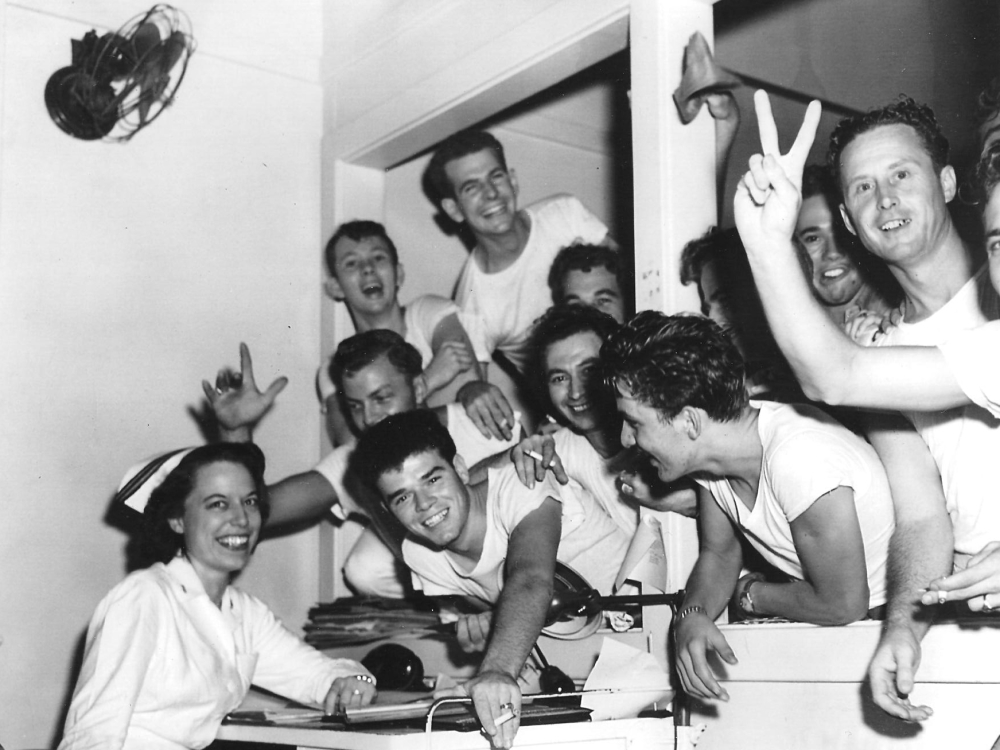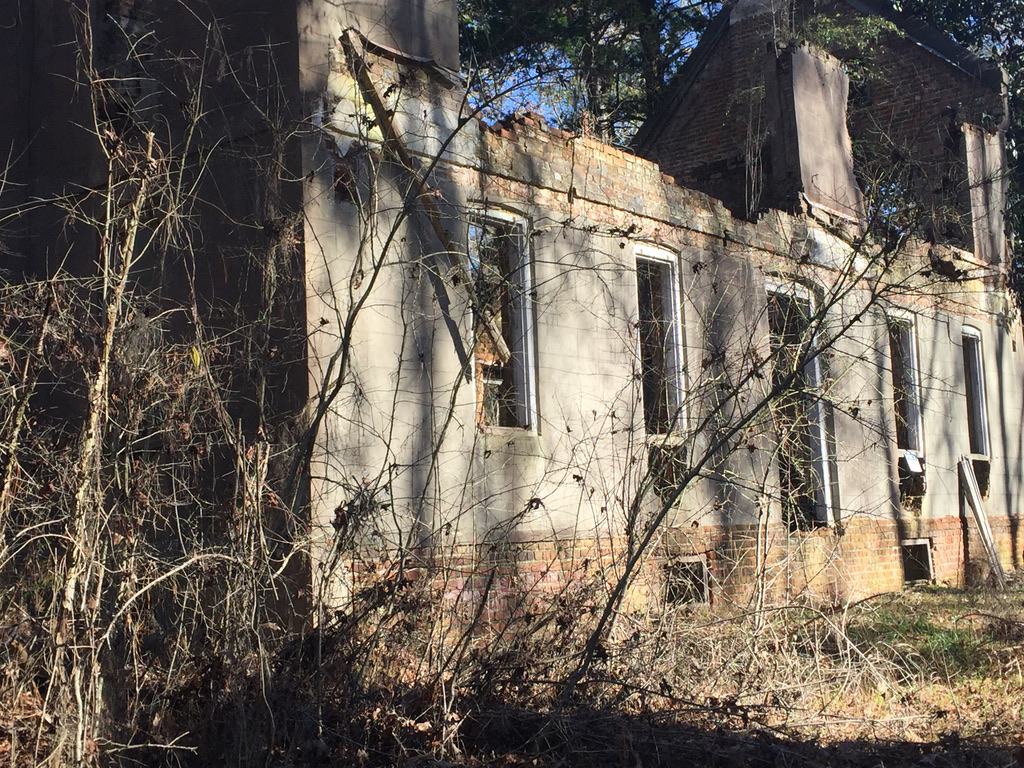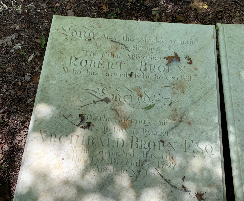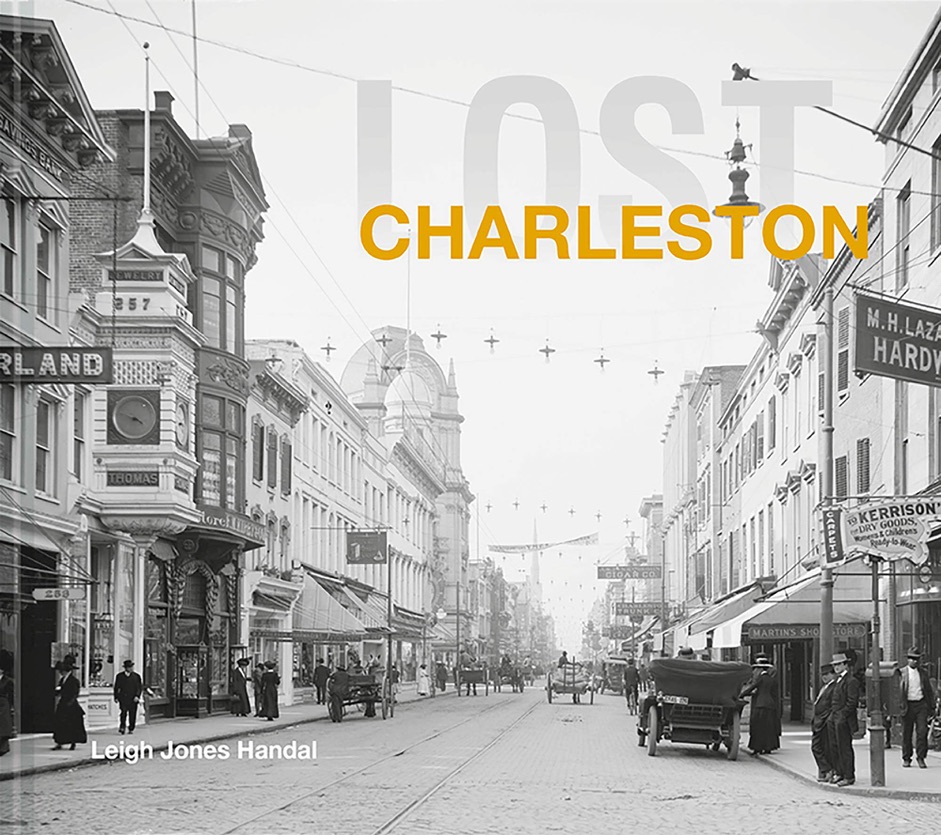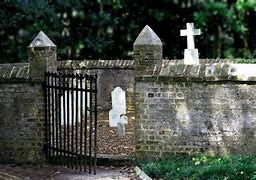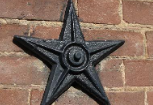
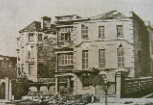

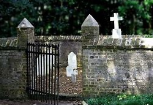
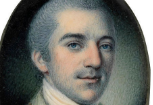
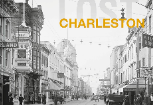
AUGUST
August 2
1718 -- Pirate Stede Bonnet and his crew raided the Frances.
August 4
1781 -- The British Army hanged Col. Isaac Hayne just outside the city's boundaries for going back on his word to not take up arms against the British after his parole.
August 5
1776 -- News arrived in Charles Town that the Declaration of Independence had been signed in Philadelphia. Lowcountry signers included Thomas Lynch, Arthur Middleton, Edward Rutledge and Thomas Heyward. It was read publicly for the first time in Charles Town at the Statehouse (now County Courthouse) and the Old Exchange Building.
August 8
1698 -- Mary Fisher Bayley Cross wrote her will, noting that she was "very sick and weak."
2000 -- Wreckage of the H.L. Hunley, the first submarine to succesfully complete its military mission when it sank the USS Housatonic on Feb. 17, 1864, was recovered off Sullivan's Island and returned to port. While many spectators paid to secure spots along its return route through the harbor, all they could see of the vessel at eye level was the supporting "cradle" that had brought up the sub. Those of us fortunate enough to be working at Historic Charleston Foundation in the Capt. James Missroon House at 40 East Bay St., however, were greatly surpised when the recovery ship veered off its announced route and passed directly east of our offices. Racing out to the fire escape on the third floor, we could see directly down into the very body of the Hunley.
August 11
1775 -- An enslaved man, Thomas Jeremiah, went on trial under the Negro Act of 1740 for helping arm other enslaved Blacks in support of the British cause. Found guilty, he was sentenced "to be hanged, and then burned to ashes." (Source: Charleston, Charleston!, p. 145)
1847 -- Benjamin Ryan Tillman Jr. came bawling into the world, the last of 11 children born to Benjamin and Sophia Tillman in Edgefield.
August 12
1775 -- A local mob seized a British soldier "for some insolent speech he had made," tarred and feathered him, and "putting him in a cart paraded through the Town ... using him very cruelly all the time." Soon a mob of about 400 had gathered to drag the soldier through the streets, stopping at the houses of suspected Crown sympathizers to show what could happen to Loyalists. (Source: Charleston, Charleston!, p. 145)
August 13
1901 -- The city of Charleston sold the former Chicora Plantation, a few miles north of the city along the Cooper River, to the U.S. Navy to create a base and shipyard.
August 15
1741 -- As reported in the Gazette, an enslaved man named Boatswain was brutally excuted after being named a co-conspirator in an arsonist's plot.
August 17
1695 -- Quaker John Archdale was appointed Governor of the Carolina colony.
1775 -- Jemmy, an enslaved man who testified against his brother-in-law Thomas Jeremiah, recanted his testimony that Jeremiah had been involved in transporting British arms to other enslaved men. (Source: Charleston, Charleston!, p. 146)
1780 -- Capt. Archibald Broun, the nearly forgotten Revolutionary hero of Brounsfield Plantation in Mt. Pleasant, married Mary Deas, the daughter of his wealthy neighbors, John and Elizabeth Allen Deas of Thoroughgood Plantation.
1863 -- Union Maj. Gen. William Gillmore and his men loaded the 16,000-pound Swamp Angel cannon onto a boat so taxed by its weight that it floated just a few inches above water.
August 18
1775 -- Despite his brother-in-law's recanted tesimony that he was distributing British arms to enslaved Negros, Thomas Jeremiah was hanged anyway, then burnt to ashes as his sentence decreed. He maintained his innocence to the end. S.C. Gov. William Campbell believed Jeremiah was innocent, as did the Royal Attorney General, saying Jeremiah was the victim of the increaseing fear whites had of the black majority in Charleston. (Source: Charleston, Charleston!, p. 146)
August 19
1764 -- Arthur Middleton married Mary Izard, "a Lady who is one of the first of her sex for sense, politeness and every female accomplishment."
August 20
1694 -- In his will, written on this date, Capt. John Coming left his entire estate to his widow, Affra Harleston Coming.
August 21
1863 -- Some time around 10:45 p.m., Union Maj. Gen. Quincy Gillmore sent a note to Confederate Gen. P.G.T. Beauregard demanding the Confederates evacuate Morris Island and Fort Sumter or else at midnight he would commence firing from a new battery built between James and Morris islands to mount the Swamp Angel cannon.
August 22
1863 -- Not having received a response from Gen. P.G.T. Beauregard for surrender of the city earlier in the evening, at 1:30 a.m. Union Maj. Gen. Quincy Gillmore began firing upon Charleston using the Swamp Angel. After hearing from an incensed Beauregard later than morning, Gillmore gave Charleston's remaining inhabitants the rest of this day and the next to evacuate the city before resuming fire.
2013 -- Elizabeth Rice Burbage of Ridgeville died at the age of 95. She retired from Summerville School District 2, having spent 26 years as a lunch room worker providing meals for an entire generation of children.
August 23
1863 -- Maj. Gen. Quincy Gillmore resumed firing on Charleston, after everyone remaining below Broad Street had evacuated. On its 36th round, the 20th of this evening's bombardment, the Swamp Angel exploded.
August 24
1526 -- Spanish explorer Lucas de Ayllon visited the area around Cape Romain, naming the area Cape San Romano, as this date is St. Romano's Day. (Source: Home in the Village)
1706 -- A privateer hired by Proprietary Gov. Sir Nathaniel Johnson returned to Charles Town with news that it was being chased by five French vessels carrying French and Spanish soliders. The enemy commander had heard that Charles Town was suffering rom a yellow fever epidemic and would therefore be vunerable to attack.
August 25
1671 -- British and Barbadian settlers at Albemarle Point (today's Charles Towne Landing) held a parliament, noting that they had no Anglican minister. Gov. William Sayle therefore wrote to Lord Proprietor Anthony Ashley Cooper asking him to send "a Godly and othodox minist'r.'" (Source: A Short History of Charleston, p. 12.)
August 26
August 27
1782 -- In the waning days of the American Revolution, John Laurens was shot off his horse and mortally wounded.
1813 -- A brief but violent hurricane caused significant property damage and storm surge flooding similar to the 1752 storm and worse than the 1804 storm.
1822 -- A hurricane estimated to be a Category 3 storm made landfall just north of Charleston, producing severe damage around the Santee River.
1911 -- The Great Hurricane of 1911 made landfall on Hilton Head Island as a Category 2 storm with winds near 100 mph. With wind speeds still at 94 mph when it passed over Charleston, the storm surge drove salt water into Lowcountry rice dikes, effectively putting an end to the industry that had been the underpinning of Charleston's great wealth for nearly two centuries.
August 29
1951 -- Seventy-three orphans left the Charleston Orphanage on Calhoun Street for the last time before it was torn down to make room for a new Sears Department Store.
August 31
1718 -- Stede Bonnet, the "Gentleman Pirate." and his crew raided the Frances.
1886 -- The largest earthquake ever recorded on the East Coast, estimated to have been about a 7.2 on today's Richter Scale, struck Charleston.
